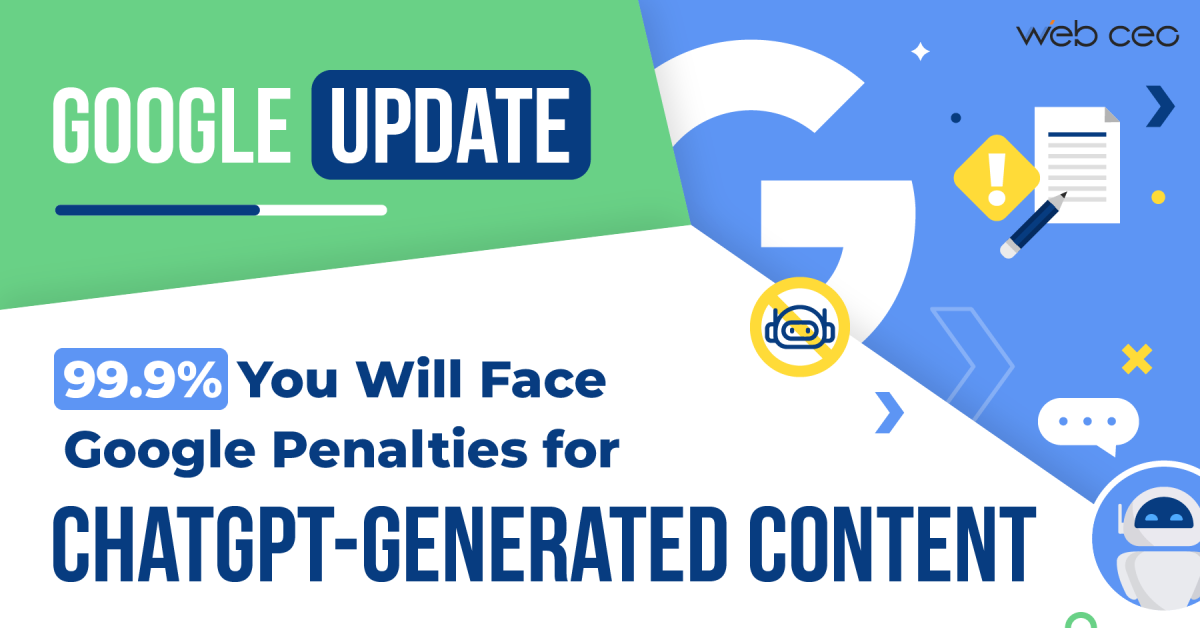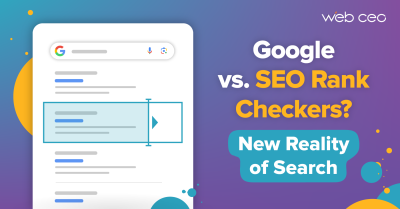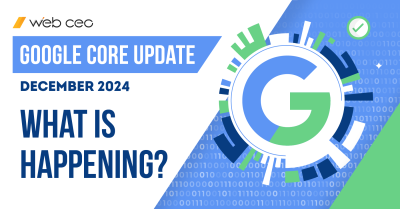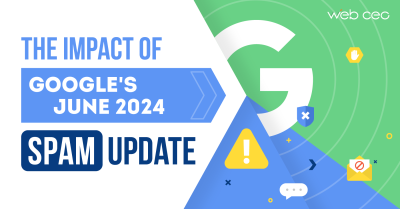
On March 5, Google announced a set of updates to their algorithm that should provide users with more useful content and label low-quality content as spam. The goal is to make genuinely relevant content that appears at the top of search results and not just cater to search engine algorithms.
Google’s latest initiative is a concerted effort to distinguish between content that serves the user’s intent and content that exists solely to game the system.
The update targets pages crafted predominantly to align with specific search queries, which has become an increasingly common practice with the advent of sophisticated language models and generative AI tools like ChatGPT.
“We’ve long had a policy against using automation to generate low-quality or unoriginal content at scale to manipulate search rankings. This policy was originally designed to address instances of content being generated at a scale where it was clear that automation was involved.”
The Impact of Generative AI on Content Quality
The advent of generative AI and large models has sparked a revolution in content creation, making it feasible to produce written materials at an unrealistic speed. It’s an open secret that everyone is now using ChatGPT for website content generation. Acknowledging this reality isn’t a cause for shame; rather, it underscores the importance of mastering the tool’s proper use. If, however, your approach involves simply inputting a query like ‘write an article about the 10 best SEO tools’ and directly pasting the response, you may encounter problems.
First and foremost, even if Google doesn’t recognize it, such content might not resonate with users, which is paramount for you and your clients’ success. Secondly, you can avoid penalties from this update if you work properly with AI friends. Enhancing the text with edits or personal insights to craft truly beneficial content is not only manageable but also crucial for effective SEO. Limiting yourself to just one tool for content creation is unnecessary. The WebCEO Content Assistant can prevent you from missing vital details in your content creation.
Google’s Commitment to Quality
Google estimates that these changes will slash the presence of low-quality, unoriginal content in search results by approximately 40%, directing users toward websites that are genuinely worth their attention. It is not merely an incremental update but a substantial recalibration of Google’s core systems, with the rollout process lasting up to a month.
Additionally, the update aims at websites that are hosting legitimate original content but feature low-quality material, such as affiliate links or third-party contributions that leech off the site’s credibility. Such practices will soon fall under Google’s spam categorization, with enforcement set to begin on May 5.
“For example, a third party might publish payday loan reviews on a trusted educational website to gain ranking benefits from the site. Such content ranking highly on Search can confuse or mislead visitors who may have vastly different expectations for the content on a given website.”
Google will also consider domains to be spammy which have been acquired and repurposed to boost the ranking of low-quality content in search results.
Conclusion
For those who have heavily relied on ChatGPT or similar AI tools for content generation, now is the time for a detailed review. Websites filled with content created without significant human oversight face the highest risk under Google’s new policies. If your site falls into this category, consider this a critical time to initiate content audits. Evaluate the uniqueness, relevance, and value of your AI-generated content from a user’s perspective. Where necessary, infuse the text with personal insights, you own experience, expert knowledge, pros and cons, or additional research to elevate its quality.
Remember, the goal is not to completely disavow the use of generative AI in content creation but to harness it responsibly. AI can be a powerful ally in the content creation process, offering efficiency and creativity. However, the final output should always be distinctly human—reflecting genuine expertise, empathy, and insight that AI alone cannot replicate.
Regularly monitoring your site’s rankings with WebCEO’s Rank Tracker can offer invaluable insights into how these updates impact your visibility on Google. If you notice a sudden dip or fluctuation, it could be a sign to reevaluate your content strategy.


